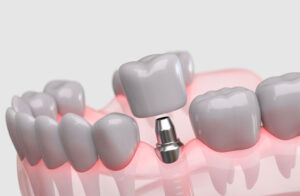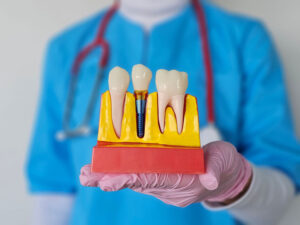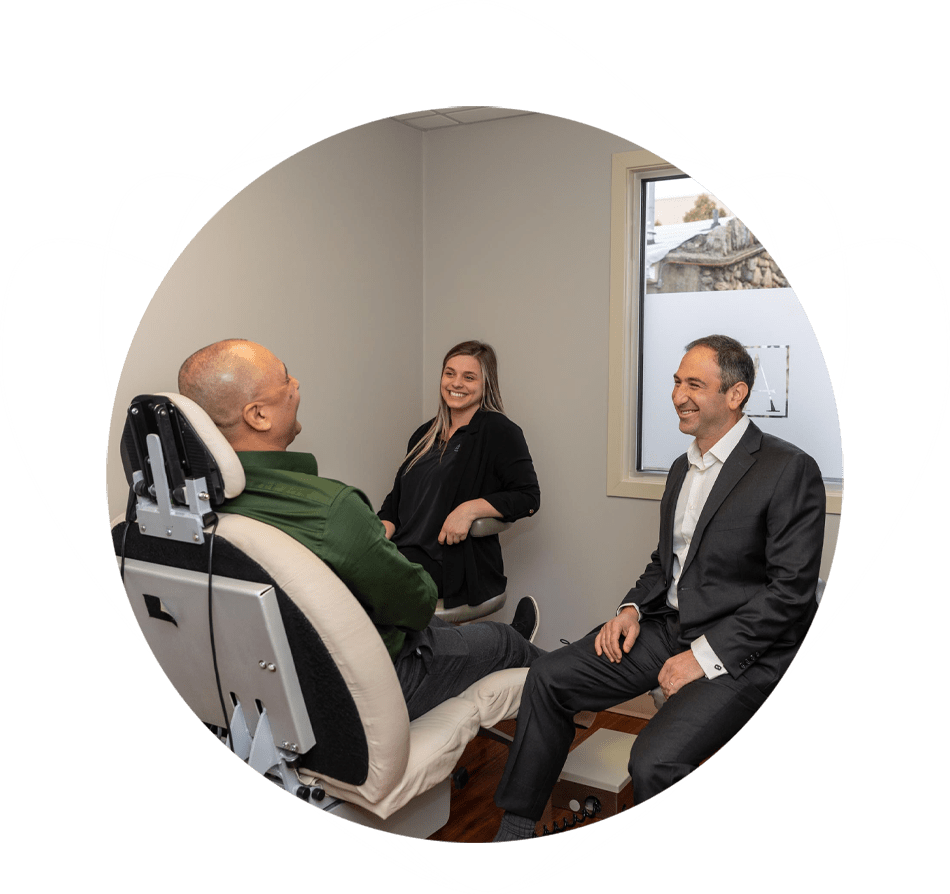We’ve talked before about how TMJ and TMD related conditions can make you less productive, and, in many cases, impair your ability to function at in the professional world. But what if your symptoms are light enough that you don’t even notice? The problem with TMJ and TMD is that they are degenerative, meaning that without proper treatment they can get much worse.
There’s no doubt that because TMJ has become more recognized culturally that symptoms such as jaw clicking or popping are well known. What makes it so difficult to self-diagnose, though, is that symptoms can manifest differently from patient to patient. So going beyond the commonplace symptoms, below you’ll find three that may be surprising.
Ringing In Ears
Tinnitus, more commonly referred to as a ringing in the ears, can be heard as clicking, buzzing, or roaring, and is generally not a disease but a symptom. The common thread linking tinnitus and TMJ together is the jaw. The temporomandibular joint mimics a sliding hinge between the lower jaw and the skull just below the ear canals. This joint happens to support the muscles above it, and any physical dysfunction can trigger sensations in the surrounding structures such as an earache or tinnitus.
Tingling Fingers
When we think of TMJ, numb or tingling sensations in the fingers are generally not what we’d consider a symptom. However, due to the vertical posture of our bodies, when our jaws are misaligned to one side or the other, a side effect of more severe TMJ, this can create equilibrium issues our body attempts to offset by engaging our shoulders, neck, and back muscles. This can create an imbalance that progresses down the spine, and when your shoulder becomes imbalanced, it can pinch nerves that carry sensation from the fingers, causing a tingling sensation.
Headaches
A recent study at the University at Buffalo School of Dental Medicine found that many headaches related to TMJ symptoms are often misdiagnosed. This is because when you jaw muscles tighten, either from clenching your teeth or from muscle weakness, the pain from your jaw can radiate upwards triggering headaches and, in sever cases, migraines, that seem to be without cause.
If you’re experiencing these symptoms, or more common symptoms such as lock jaw or clicking noises while eating, it’s time to schedule an appointment. TMJ can have many causes such as trauma to the jaw, disc erosion, excessive tooth grinding (bruxism), or even poor dental restorations. Regardless, there are several treatment options available, and many of them drug-free.
Want to learn more about TMJ treatment? Please call (914) 526-2144 today for an appointment with a Westchester County TMJ dentist at Advanced Dentistry of Mohegan Lake.





